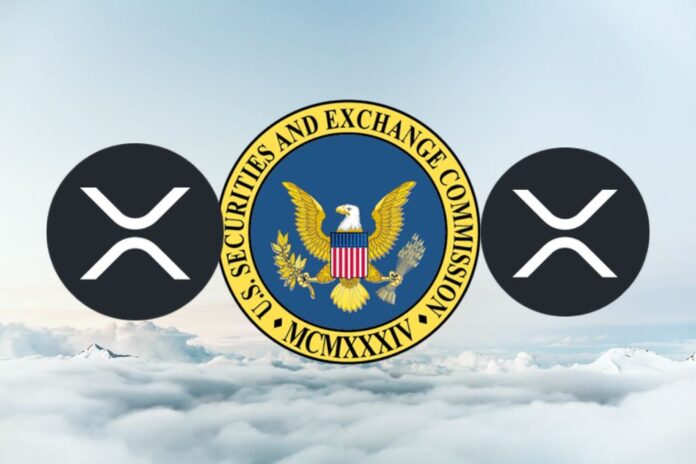The recent conclusion of the legal battle between Ripple and the U.S. Securities and Exchange Commission (SEC) is a significant development in the cryptocurrency industry. Fred Rispoli, an attorney and a well-known XRP supporter, shared his insights on the outcome, highlighting several key takeaways from the court’s decision.
The ruling leaned favorably towards Ripple, particularly regarding XRP’s status in the market. The court decided that current sales of XRP post-complaint do not necessarily violate federal law, which indicates that further litigation might be necessary to address this specific issue fully. This point leaves room for future legal challenges, although XRP’s current standing remains unaffected.
Ripple’s Victory Over the SEC
One of the most notable aspects of the decision is the refusal to impose disgorgement on Ripple. The SEC’s inability to secure this penalty marks a considerable defeat for the agency. The court’s judgment on this matter is crucial, as it significantly diminishes the financial repercussions Ripple faces.
Another critical element of the ruling is the $125 million civil penalty Ripple is required to pay for institutional sales of XRP that violated Section 5 of the Securities Act. This penalty stems from 1,278 transactions deemed unregistered securities offerings.
The SEC intended to collect a total of $1.95 billion from Ripple. Rispoli pointed out that Ripple’s gains from XRP’s price increase shortly after the ruling may offset the meager $125 million penalty.
The court also found that Ripple did not recklessly disregard regulatory requirements, a positive outcome for the company. This aspect of the ruling highlights Ripple’s efforts to comply with legal standards, negates any claim of intentional misconduct, and lends to the favorable ruling as Ripple did not intend to break the law.
We are on twitter, follow us to connect with us :- @TimesTabloid1
— TimesTabloid (@TimesTabloid1) July 15, 2023
Furthermore, Rispoli highlighted the court’s refusal to grant an injunction on all institutional sales, including Ripple’s On-Demand Liquidity (ODL) services. This decision allows Ripple to continue its operations without immediate restrictions, marking a significant loss for the SEC.
Judge Analisa Torres, who presided over the case, did not rule in Ripple’s favor regarding expert witnesses. Judge Sarah Netburn’s ruling, which dealt with expert testimony, was unfavorable for Ripple. Rispoli had anticipated this outcome, indicating that it would not substantially affect Ripple’s broader legal standing.
As for the future, Rispoli noted that the decision initiates a 60-day countdown for the SEC to file an appeal, potentially prolonging the legal battle. This period will be crucial for both parties as they consider their next steps. However, with its reduced 2024 budget, the SEC may choose not to appeal.
Disclaimer: This content is meant to inform and should not be considered financial advice. The views expressed in this article may include the author’s personal opinions and do not represent Times Tabloid’s opinion. Readers are urged to do in-depth research before making any investment decisions. Any action taken by the reader is strictly at their own risk. Times Tabloid is not responsible for any financial losses.
Follow us on Twitter, Facebook, Telegram, and Google News



